
Recommendation
Policies that regulate money moving into or out of a country’s capital markets have a bad reputation. Critics emphasize misgivings about capital controls without discerning whether they regulate incoming or outgoing funds. Indeed, curbs on capital outflows – often associated with authoritarian states – can constrain trade. Yet subduing influxes of speculative “hot money” can prevent debt bubbles. This cogent article from economists Atish Rex Ghosh and Mahvash Saeed Qureshi analyzes the pros and cons of sovereign capital controls in each direction and makes a strong argument for properly administered inflow regulators as tools for macroeconomic stabilization. getAbstract recommends this article to policy makers and others interested in the effectiveness of capital controls.
Summary
About the Author
Atish Rex Ghosh and Mahvash Saeed Qureshi are professionals at the International Monetary Fund.









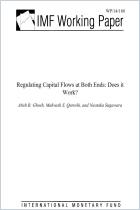

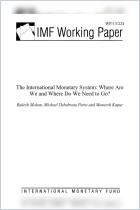
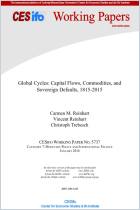
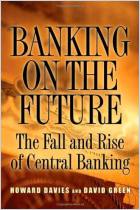
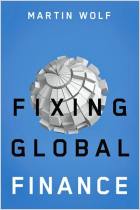





Comment on this summary or 开始讨论